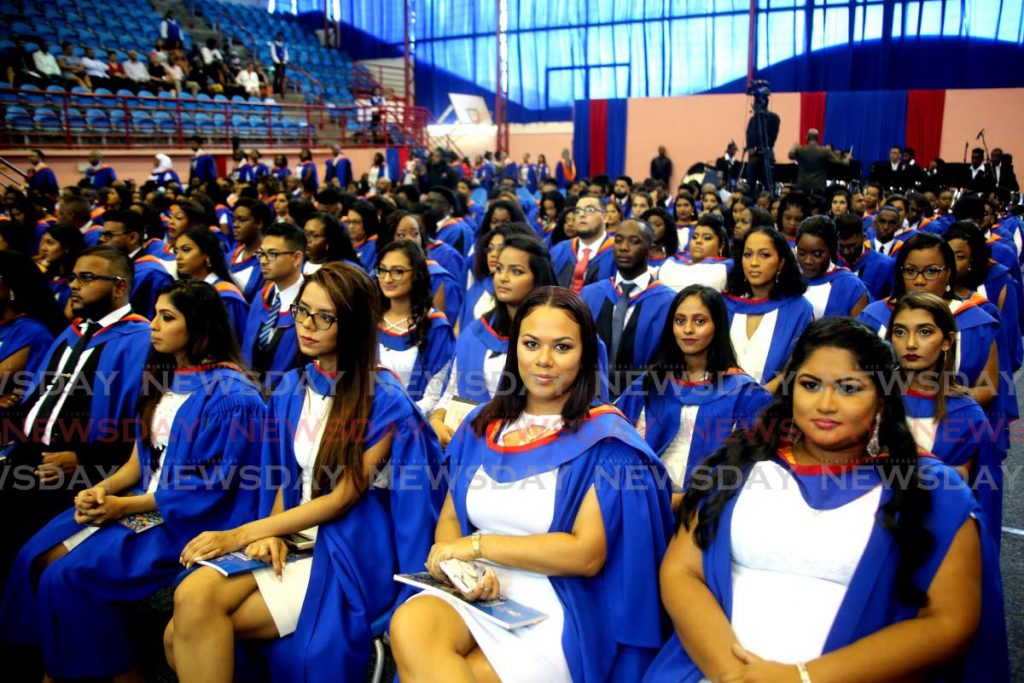To survive covid19, higher education must reinvent itself

kmmpub@gmail.com
Universities must move classes online and make knowledge accessible to the tens of thousands of newly unemployed – who must rapidly re-skill if they are to find jobs.
Even before covid19 catapulted us into the future, automation and productivity tracking was already forcing universities to rethink their models. Despite dramatic technological change, universities today look little different from those 1,000 or 2,000 years ago.
Our taxes heavily subsidise higher education, even before we empty our pockets for tuition. In return, we expect universities to conduct research, invent and innovate. They must teach critical thinking, socialise students in their formative years, train them to do work, provide them with credentials and help graduates find jobs.
But are they doing so? The truth is that while a good many people have benefited from higher education, its full potential remains untapped.
Universities remain unaffordable for most, even with a costly government subsidy. The limited number of university spaces means that a large chunk of society remains shut out – while employers still screen candidates for university degrees to signal competence.
Very few of our graduates are matched with fulfilling jobs – and those who are enter the working world with little preparation. As educator Sir Ken Robinson has shown, the traditional model of education was born from an industrial era system: learning happens in a classroom and work happens in a factory.
Little wonder that recent research by Ricardo Hausman of Harvard and others has shown that education – as defined as years of schooling – does not lead to faster economic growth. The great majority of learning happens on the job and not in classrooms.
The traditional model is not set up for the re-skilling or continual lifetime learning needed to adapt to increasing automation.
Yet higher education, far from being doomed, is poised to be more relevant than ever. If, that is, it moves massively online.
The old lecture model works for neither professors nor students. Staff and students consume large amounts of time going to and from classes. A 100-person lecture offers nothing of the vast reach of online videos and scant opportunity for personal interactions.
By making their products available online at a much cheaper cost, higher education institutions will increase revenue while reaching far more people. There will be more cash available than ever before for research.
Of course, recording lectures is not enough. As George Mason economist Alexander Tabarrok has pointed out, it is the difference between a recorded play and a film. By making rich, interactive content available online, lecturers can be more effective and reach greater audiences, freeing time that can be used for small group tutoring or research.
Quality will not suffer. Quite the opposite: instead of being tired and overworked, lecturers can present their best selves in recorded online videos. Students will have more meaningful face time with their professors and each other. As it is, Caribbean students spend too much time in classrooms instead of engaging in the formative university social experiences that provide much of the real value of university. The university “experience” will not suffer.
The time saved from tired lectures can be used to meet new people and have spirited conversations with peers or stimulating sessions with professors.
And while some might argue that the discipline of going to classes signals discipline to employers, the reality is that online education requires more self-motivation and discipline than in-person lectures.
The future of learning will involve people dipping in and out of education for shorter periods of time. Online education provides for broader education, with students better able to “mix and match” course material to benefit from the type of interdisciplinary learning that is necessary to adapt to technological change.
Universities must offer greater options, “unbundling” their product to dramatically reduce prices and capture a larger market. Those able and willing to pay for the social experience will still be able to do so, while a far greater number of working people and older students would finally gain access to employer-recognised education.
Swathes of society must now embark on a great re-skilling. This is a matter of survival for the 80,000 newly unemployed as much as it is for the higher education institutions that will face a huge cash crunch during covid19.
The government must demand more accessibility from institutions receiving public funds. Projects like UWI’s Open Campus must be changed and rapidly scaled up. We must act now. As the protests raging around the world have reminded us, this is a matter of justice as much as it is of growth.
Kiran Mathur Mohammed is a social entrepreneur, economist and businessman. He is a former banker, and a graduate of the University of Edinburgh.

Comments
"To survive covid19, higher education must reinvent itself"